#Norway crown princess likely to undergo lung #transplant. The princess announced in October 2018 that she had been diagnosed with a rare form of pulmonary fibrosis, an incurable disease that causes scarring of the lungs and shortness of breath.
“We are approaching the time when a lung transplant must be carried out, and we are making the necessary preparations so that it will be possible when the time comes,” Are Martin Holm, head of pulmonary medicine at Oslo University Hospital, said in a statement from the palace.
“It has not yet been decided when the crown princess will be placed on the waiting list for a lung transplant,” Holm said.
The princess spoke of a “very trying” time in an interview with public broadcaster NRK published Friday.
“I had always hoped we could keep the disease under control with medication. The progression has been quite slow until now, but it has now taken a turn different from what the doctors and I had hoped,” she said.
“We have always known, with this disease, that this was the direction it would take, but it’s happening a bit faster than I imagined and hoped,” she added.
Scandal
The princess’s health problems add to the turmoil in the Norwegian royal family following rape allegations against Marius Borg Hoiby, her son from a relationship prior to her marriage to Crown Prince Haakon.
Born Tjessem Hoiby on Aug. 19, 1973, to an alcoholic father and a bank employee mother in Kristiansand, in Norway’s “Bible Belt,” Mette-Marit has admitted to a tumultuous youth.
In the early 1990s, she was part of Oslo’s house music scene, where drugs circulated abundantly.
But she won the hearts of Norwegians after her 2001 marriage to Prince Haakon, with whom she has two children.
The princess has at times had to limit her public appearances and go on sick leave due to her condition, most recently in October.
“This autumn, several tests have been conducted that show a clear deterioration in the crown princess’s health,” the palace said.
It said she would continue her public engagements as long as she felt well enough to do so.
However, in recent months it is chiefly her son Marius Borg Hoiby who has been making headlines.
In the worst scandal ever to hit Norway’s royal family, the 28-year-old is facing charges of four rapes and 28 other counts, including abuse of former partners.
Hoiby, who denies the charges, is scheduled to go on trial in February and faces up to 10 years in prison.
By Pierre-Henry Deshayes
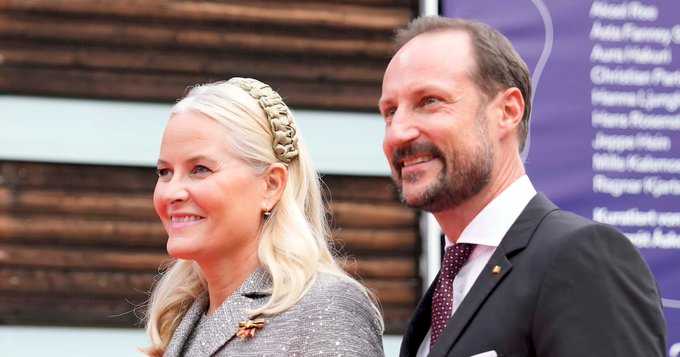

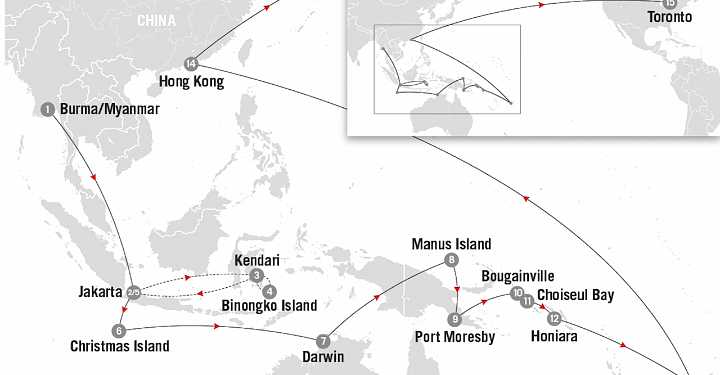


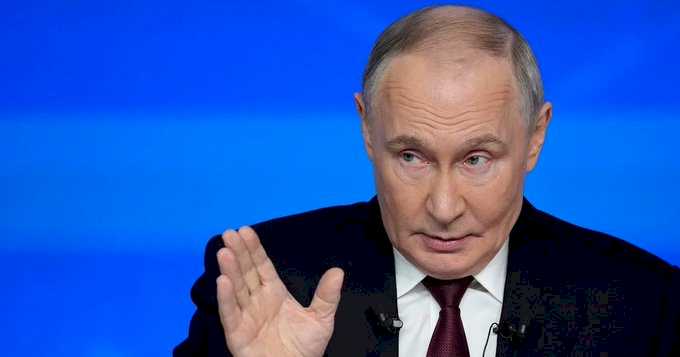
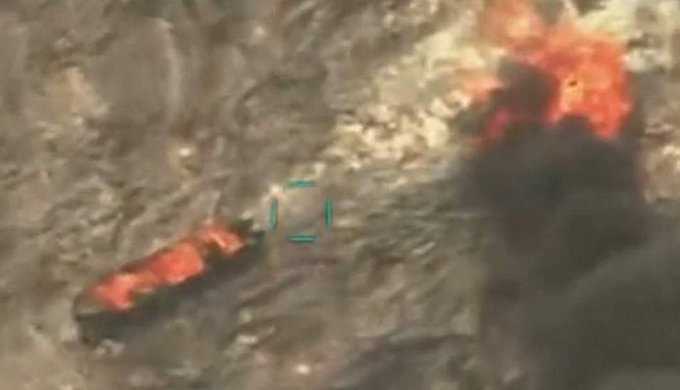
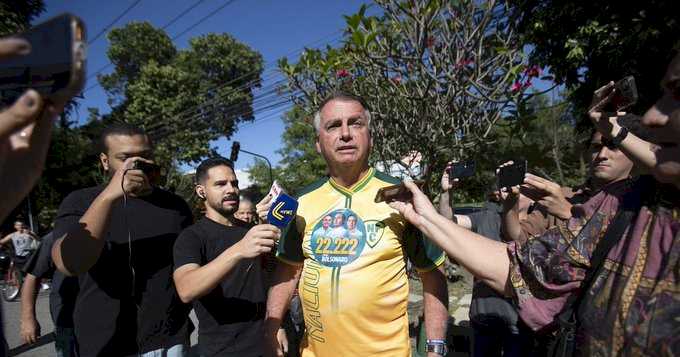
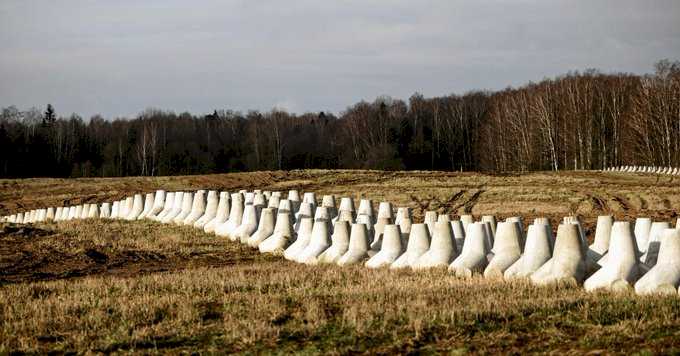
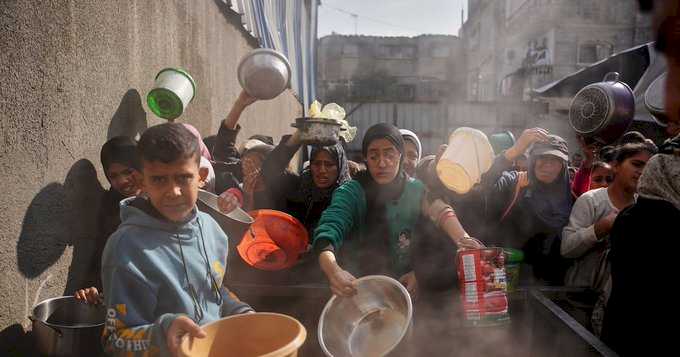
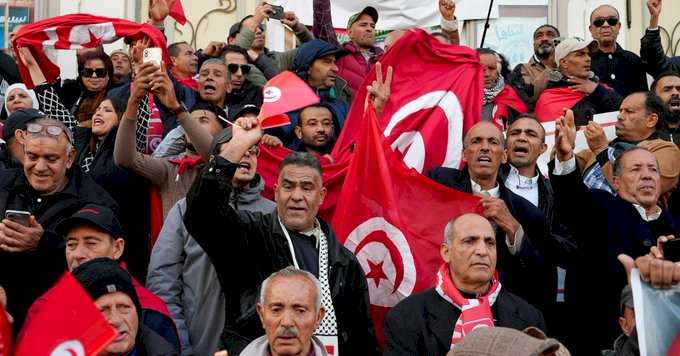
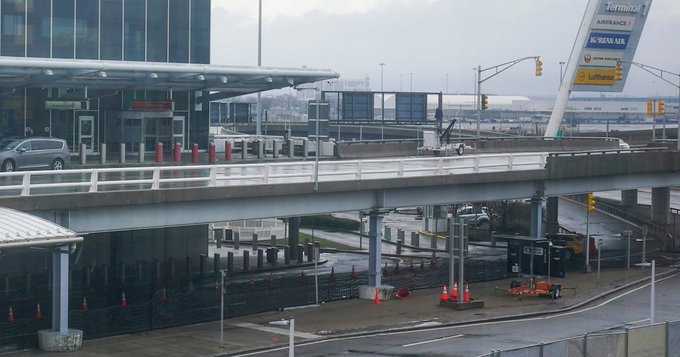
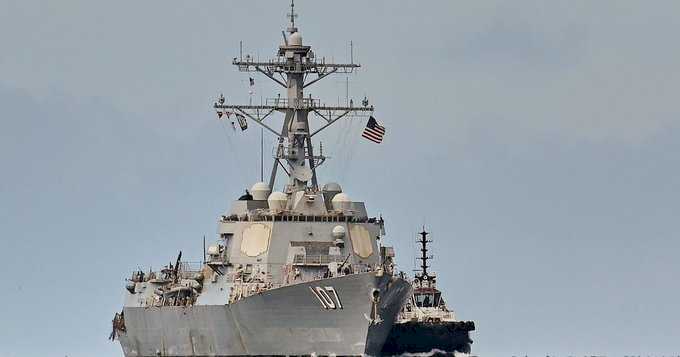
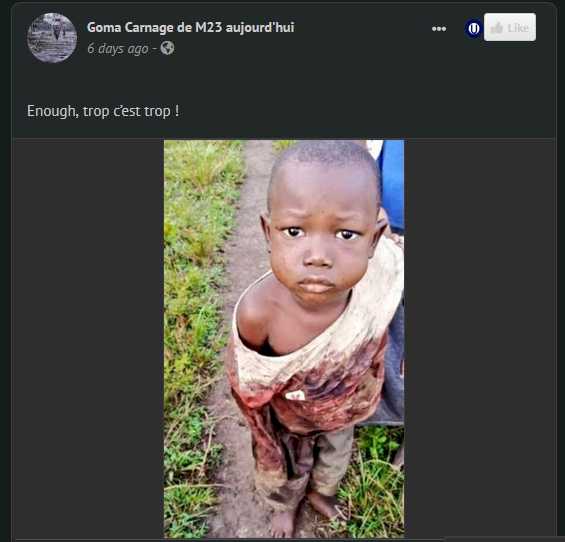


Global News on Umojja.com